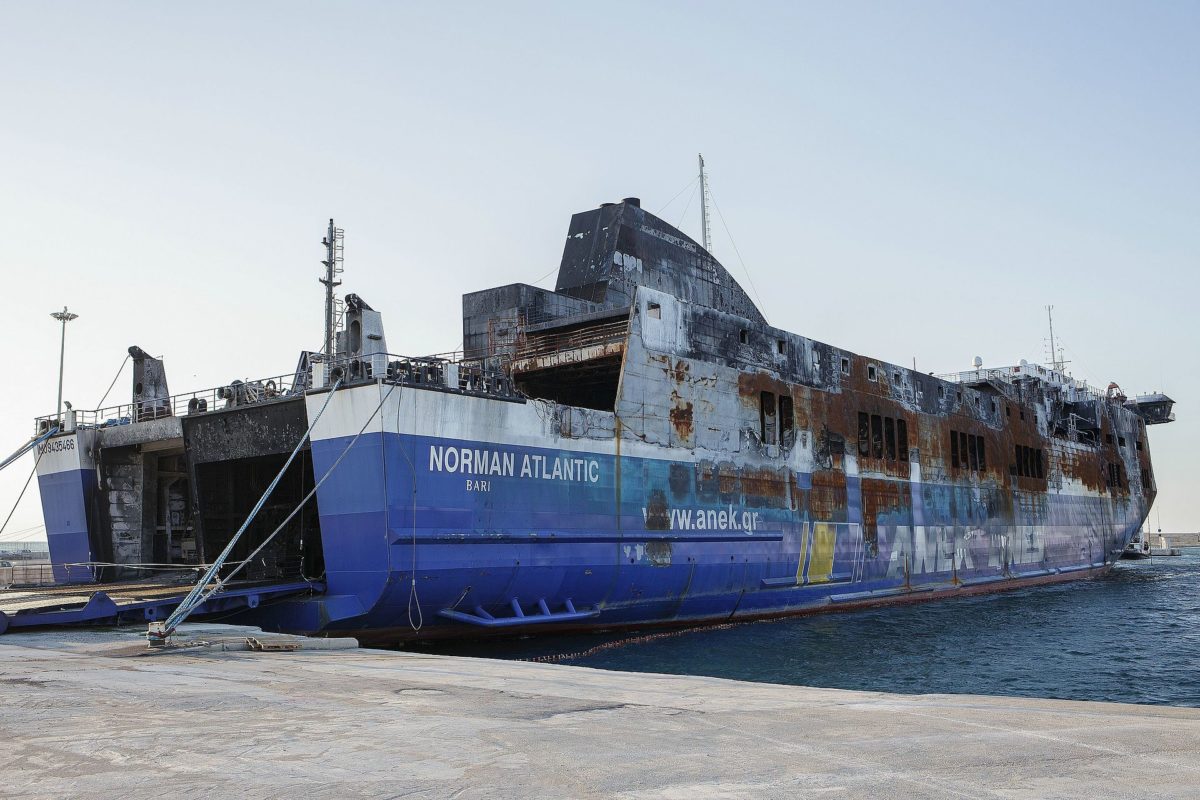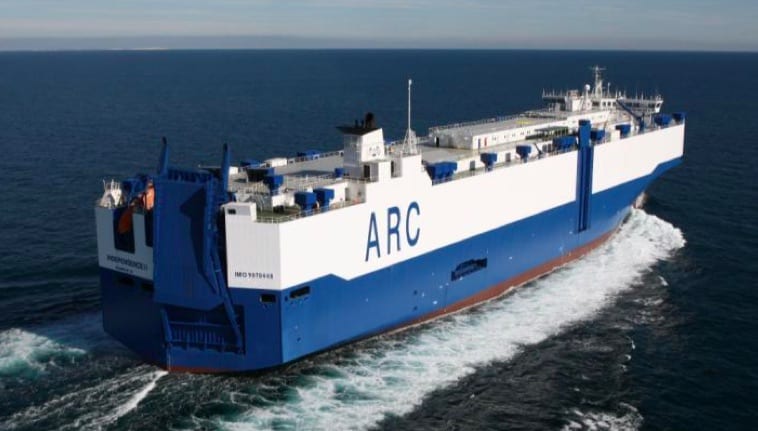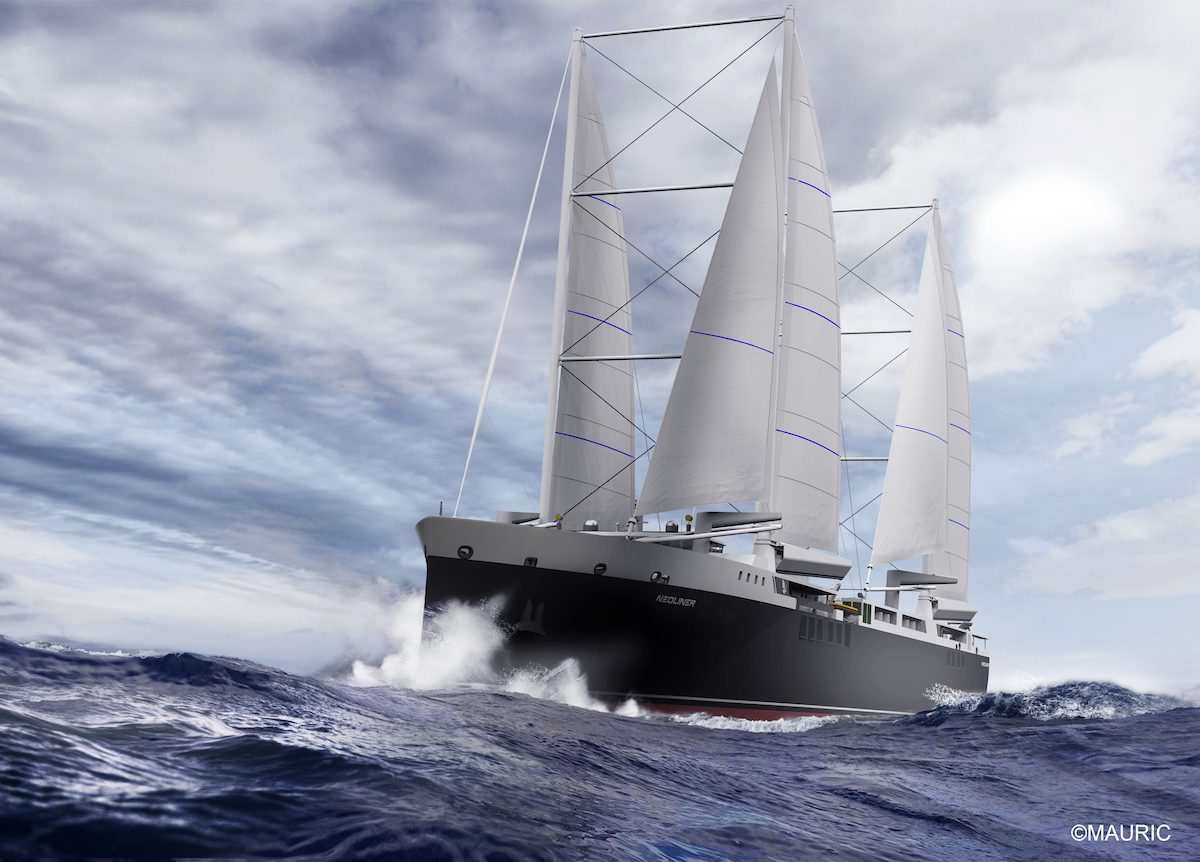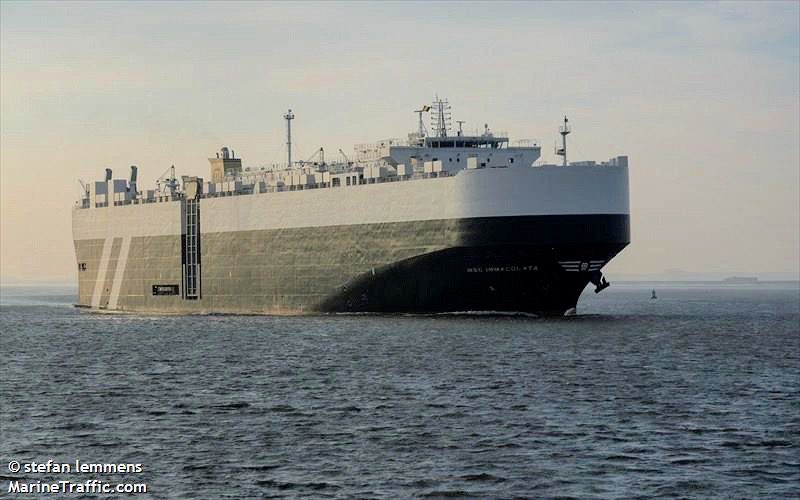The roll-on/roll-off passenger ferry Norman Atlantic in the port of Bari, Italy after the ship suffered a fire in December 2014.
Ro-Ro safety is a crucial issue, which was discussed by marine industry professionals at a Ro-Ro Safety Seminar held in Rome last month.
Ro-Ro safety became a hot topic following the high level of casualties resulting from recent incidents. Case studies, presented at the seminar, fostered by RINA Services, Interferry and Norwegian Hull Club, resulted in prompt discussion focused on the lessons that can be drawn from these disasters.
Construction, design criteria, operation and maintenance, manning and charter agreements, all came under scrutiny, all been contributing factors in accidents that have occurred on board Ro-Ro ships.
The results of casualty investigations into recent incidents on Italian Cruise Ships was highlighted in a presentation from Fabio Croccolo, Directorate General for Railway and Marine Investigations’ (DIGIFEMA), part of the Italian Ministry of Infrastructures and Transport.
According to research presented by Ole Jorgen Eikanger from the Norwegian Hull Club, fires and explosions have compromised Ro-Ro safety. Car/Ro-Ro ferries have seen a significant increase in fire/explosion claims in recent years. Between 2011 and 2012, car/Ro-Ro vessels, made 0.9% of all fire/explosion claims, the highest claim by a vessel type. This sharply increased between 2013 and 2014, with car/Ro-Ro vessels making 1.5% of all fire/explosion claims.
Operational best practice guidelines for open Ro-Ro deck fire safety were highlighted by Darren Johnston from Interferry. He emphasized the importance of the human factor: having trained and competent personnel, with the appropriate technical knowledge and skills that allow them to react quickly and professionally in a stressful environment is invaluable to a company, and significantly reduces risk should an incident occur.
Andrea Cogliolo, head of innovation, marine at RINA Services, made a presentation on a crucial issue for the marine industry, asset integrity management; an issue directly affected Ro-Ro safety. His emphasize was on the importance of new rules for asset integrity management as a route to accident prevention. These rules ensure that the correct balance between explosion prevention requirements and fire detection and extinction requirements is met.
“New technologies in vehicles also directly impact Ro-Ro safety. As technology evolves and innovative new ways of powering vehicles are developed, the marine industry needs to be aware of potential dangers from new types of cargo on board Ro-Ro vessels, including hybrid and electric cars and LNG-fuelled trucks.,” according to a statement.
RINA Services believes that classification rules need to continually adapt to provide the best possible standards for Ro-Ro safety, which sit side by side with increasing asset integrity management for companies in the marine industry.
RINA Services is deemed to be the world leading classification body for the ferry sector, with a share of 23% of the current total fleet in terms of GT.
Editorial Standards · Corrections · About gCaptain

 Join The Club
Join The Club











